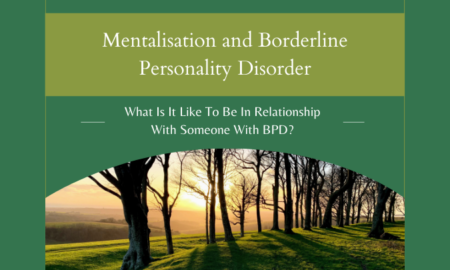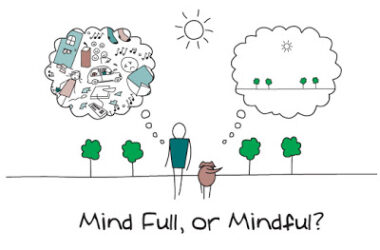Self-Help

Finding Hope
Why Hope Matters on Difficult Days This morning the Happiful magazine newsletter landed in my inbox and the title of the newsletter was “It’s OK to look for hope”. It…

In a Relationship with Someone with BPD?
Being in a relationship with someone who has Borderline Personality Disorder (BPD) can be emotionally intense and, at times, confusing. You may experience moments of deep connection, only to be…

The Value of Downtime
In our fast-paced world, where productivity and constant connectivity are often celebrated, the concept of downtime can feel counterintuitive or even indulgent. However, taking time to rest and recharge is…

Improve Your Mental Strength
Ever wondered why some people seem to bounce back effortlessly from life’s curveballs while others struggle to regain their footing? The secret lies in mental strength – that intangible power…

Dopamining – Chasing the High
What is Dopamine? Dopamine is one of the brain’s “feel good” neurotransmitters. It induces feelings of excitement, motivation, aliveness and gratification. When we engage in certain behaviours, dopamine is released…

How Mindfulness Can Complement Your Psychotherapy
Mindfulness and Psychotherapy have a huge amount in common and when combined, the therapeutic benefits can be very powerful. So what exactly is Mindfulness and how can it help…

The 5-4-3-2-1 Simple Tool To Reduce Anxiety and Stress
5…4…3…2…1 – 5 Simple Steps When anxiety takes over and threatens our peace of mind, we can feel overwhelmed and it can be difficult to stay in the moment. The…
Ready to Make a Change? Book an Initial Consultation Today
If you have any questions at all about therapy or would like to make an appointment, get in touch. I will usually be able to respond to you within 24 hours.
